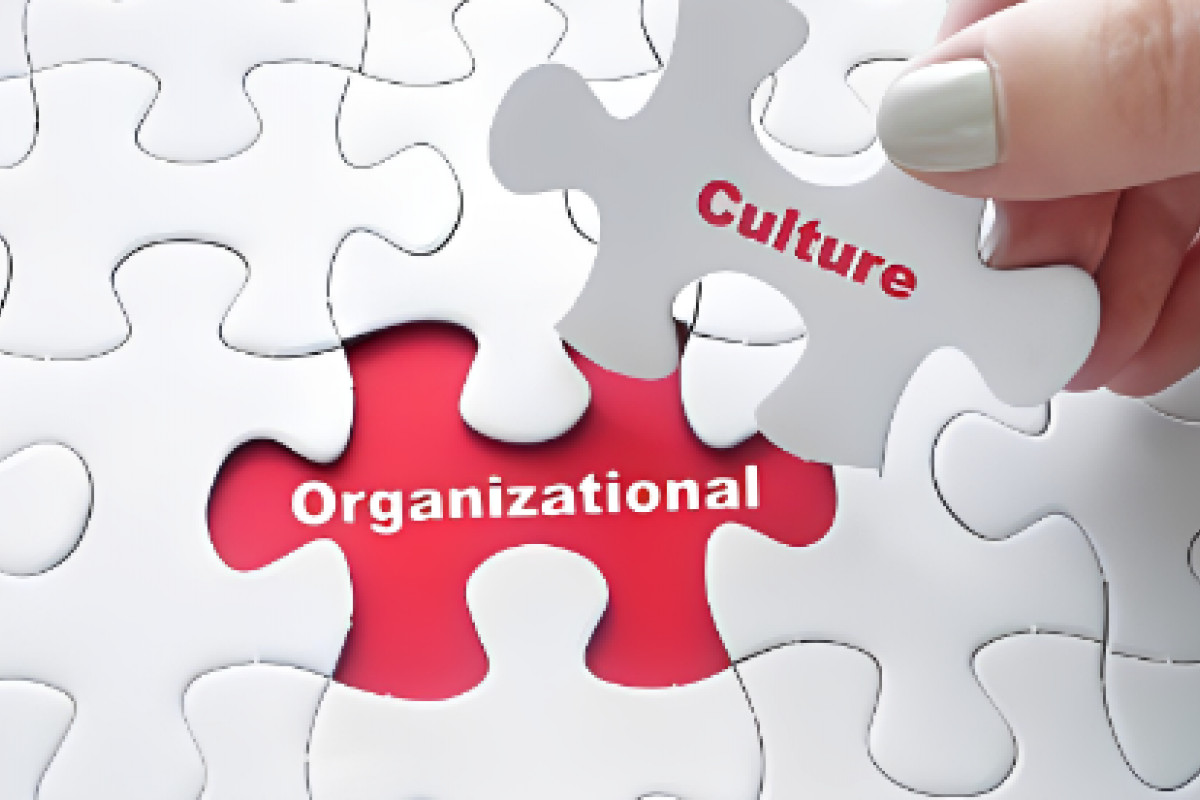The culture of an organization is widely regarded as its "personality" and "character". It is responsible for molding its identity, impacting employee conduct, decision-making procedures, and general output.
Organizational Culture includes:
1. Values – Core principles guiding the organization`s decisions and actions
2. Norms – unwritten rules influencing behavior and decision making
3. Customs – traditional practices and rituals
4. Language – Unique terminology, jargon and communication styles
5. Symbols – logos, icons and artifacts representing the organization
6. Beliefs – assumptions and attitudes shaping the organization`s perspective
7. Habits – recurring patterns of behavior and routines
Organizational culture is by and large invisible to individuals. Even though it affects all employee behaviors, thinking, and behavioral patterns, individuals tend to become more aware of their organization’s culture when they have the opportunity to compare it to other organizations. Example: This is an organization where employees dress formally, where it is completely inappropriate to question the boss in a meeting; such behaviors would only be acceptable in private, it is important to check your e-mail at night as well as during weekends or else you would face questions on Monday about where you were and whether you were sick VS this organization where employees dress more casually, you are encouraged to raise issues and question your boss or peers, even in front of clients, it is widely known that family life is very important, so it is acceptable to leave work a bit early to go to a family event. Additionally, you are not expected to do work at night or over the weekends unless there is a deadline. These two hypothetical organizations illustrate that organizations have different cultures, and culture dictates what is right and what is acceptable behavior as well as what is wrong and unacceptable.
Organizational culture affects various aspects, including:
1. Employee engagement and motivation
2. Leadership style and decision-making
3. Communication and collaboration
4. Innovation and creativity
5. Customer service and relationships
6. Overall Performance and Success
Organizational culture is in fact a more powerful way of controlling and managing employee behaviors than organizational rules and regulations. When problems are unique, rules tend to be less helpful. Instead, creating a culture of customer service achieves the same result by encouraging employees to think like customers, knowing that the company priorities in this case are clear: Keeping the customer happy is preferable to other concerns such as saving the cost of a refund.
Kindly note: A strong, positive culture can foster a sense of community, drive innovation and enhance the organization` reputation. Conversely, a toxic culture can lead to low morale, high turnover and decreased productivity.
Have you realized that you need an organizational or corporate culture? If SO, Precise Management and Research Consultancy is the best place to begin the process. They can analyze your firm's priorities, interact with staff, observe the surroundings, and communicate with upper management.

